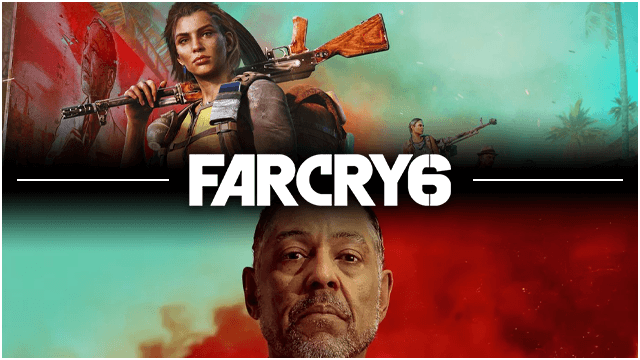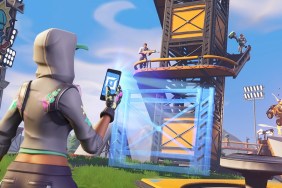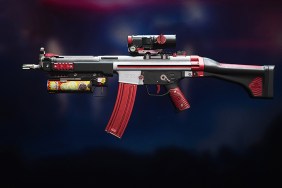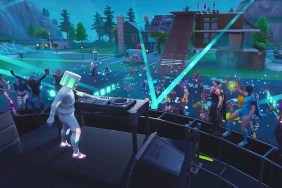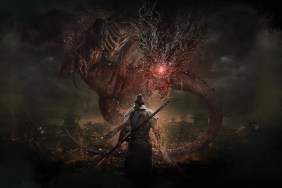We recently got a chance to preview Far Cry 6 over four hours of gameplay, which allowed us to explore a bit of Yara. This time, instead of taking on a doomsday cult, we’re taking part in a revolution in a Caribbean nation. Our target is “El Presidente” Antón Castillo (played by the excellent Giancarlo Esposito), and we fight his forces in response to…

Atlas is an action-rpg with rogue-like elements where you use your ability to control the ground to fight the enemies and move through procedurally generated worlds.
